Principal Investigators
Dr. John Roeder
(Professor of Music Theory)
As a music theorist and analyst, I describe ways that people conceive of music, and how music is heard to organize time coherently, expressively, and meaningfully. I concentrate on music of special relevance today: recent works by contemporary composers in the Western art-music tradition, and the “world music” that globalization is now bringing to everyone’s ears.
See John’s contributions to this site.
Dr. Michael Tenzer
(Professor of Ethnomusicology)
I’m a musician whose interests span the globe and whose dedicated achievements cover all of the kinds of things musicians do: performance, composition, research, teaching and mentoring, analyzing, thinking and writing about music, promoting interest in the world’s finest musics, and envisioning what can be done to best shape our future world of music.
See Michael’s contributions to this site.
Current Research Assistants
Dr. Eshantha Peiris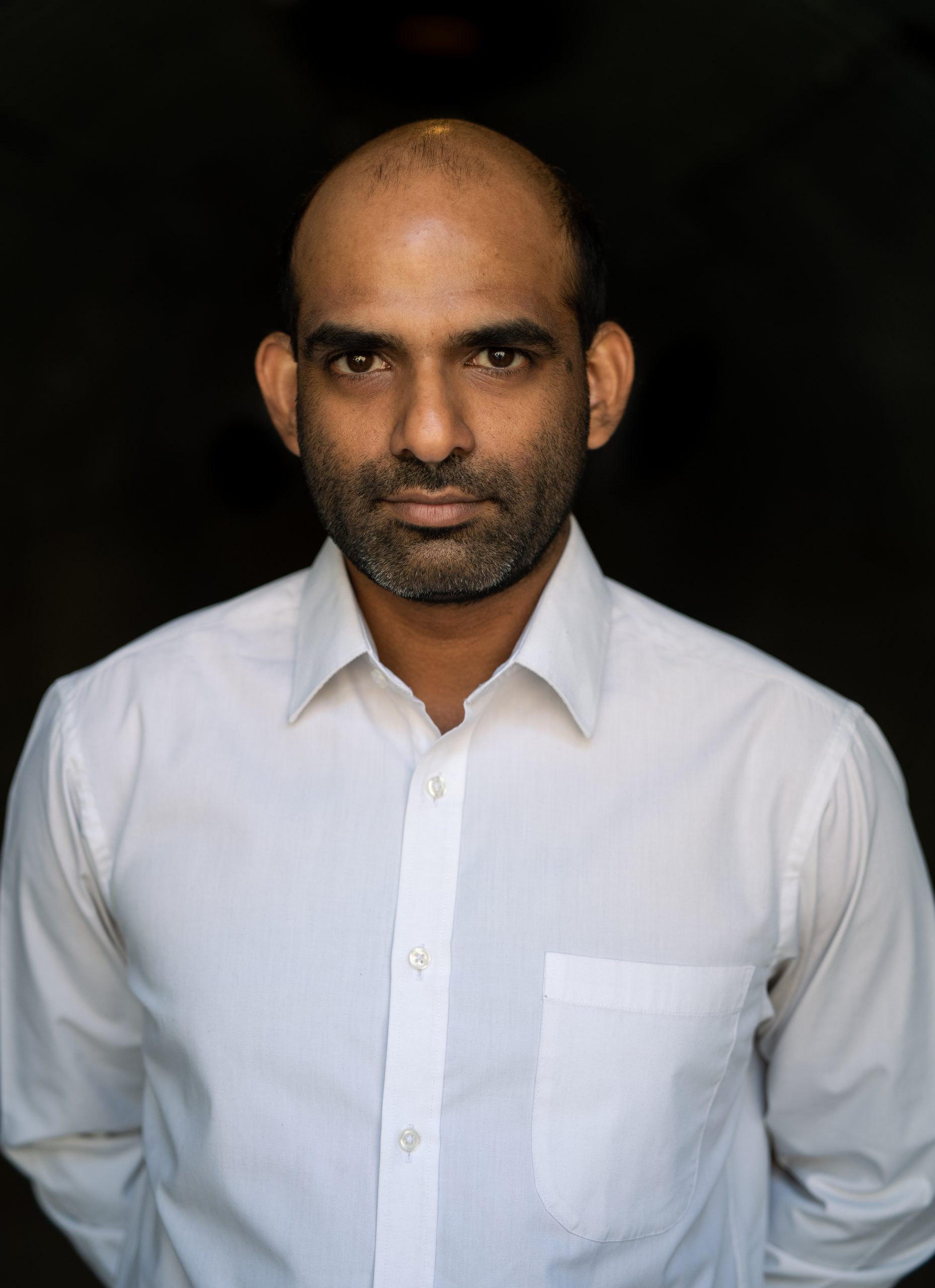
(recent PhD Ethnomusicology graduate,
independent scholar)
My doctoral dissertation explored processes of change in a folk drumming tradition from Sri Lanka. My research interests include uncovering shared musical techniques in the broader region of South Asia, exploring the use of musical analysis in theorizing social and musical histories, and understanding how intellectual discourses influence the ways in which scholars theorize musical structures.
See Eshantha’s contributions to this site.
Grant Sawatzky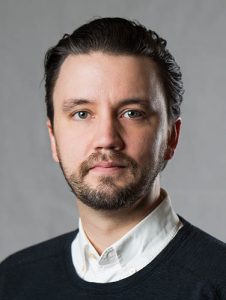
(PhD Candidate in Music Theory)
I’m interested in music in which certain harmonic or stylistic irregularities induce ‘metric multivalence’—a kind of rhythmic fluidity resulting from the co-presence of multiple metric/harmonic affordances of a passage—and shows how these multivalences complicate and enrich phrase structures in music from Bach to Bartók.
See Grant’s contributions to this site.
Jason Winikoff
(PhD Candidate in Ethnomusicology)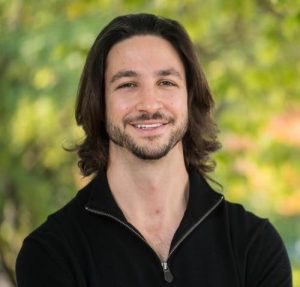
I am a drummer fascinated with how timbre and rhythm organize various percussion systems across the globe. My research analyzes timbre as a mode of cultural communication within Zambian Luvale makishi masquerade. I am also drawn to the drumming traditions of Black American music (BAM), Haiti, New Orleans, and many of the other styles found in Zambia.
See Jason’s contributions to this site.
Taees Gheirati
(PhD Candidate in Ethnomusicology)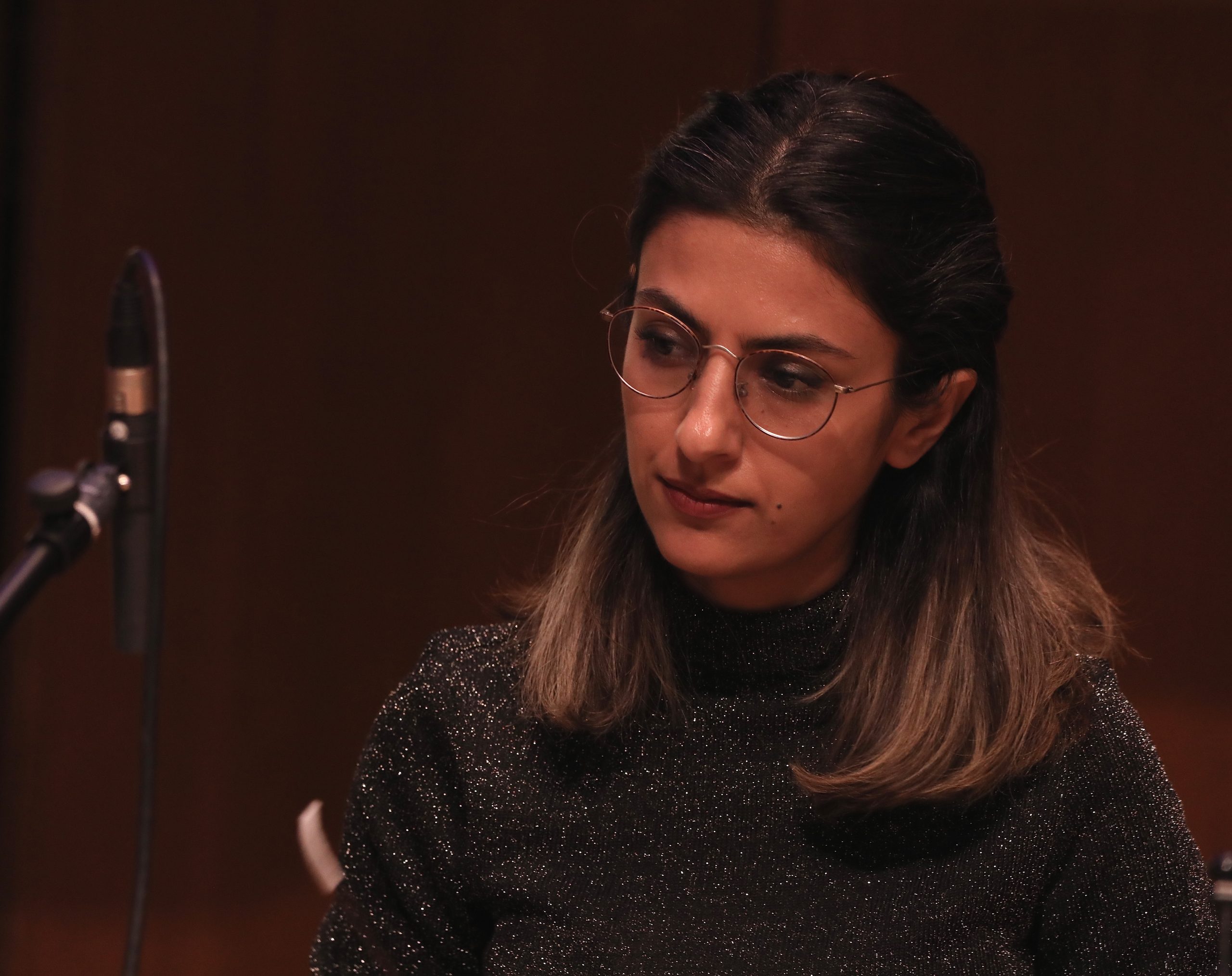
I am interested in the music and culture of women in the Persianate world. Currently, I am studying different genres performed by eastern Khorasani women in Iran, with a special focus on the musical structure and the poetry of chaharbeitis—the so-called non-metric sung-poetry of the region—to investigate the concepts of rhythm and duration in this genre through an emic perspective. I am also interested in the modal structure of Iranian and Indian art-music.
Hei-Yeung (John) Lai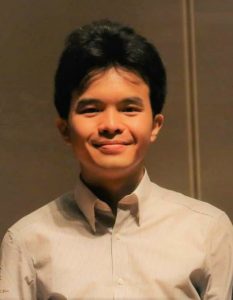
(PhD Candidate in Music Theory)
I am interested in music in the last century that employs borrowing techniques. In particular, my research looks into how musical quotations are heard in time and their interaction with rhythmic and metric processes. My other research interests include world music analysis, contemporary East-Asian art music, and musical form.
See Hei-Yeung’s contributions to this site.
Oscar Smith
(PhD Candidate in Ethnomusicology)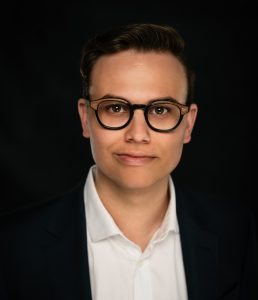
I’m interested in analytical approaches to world music and cross-cultural comparison through the lens of music cognition. Recent analyses have explored music from Bali, South India, Madagascar and contemporary Armenian pianist Tigran Hamasyan. My previous research analyzed a composition by contemporary Balinese composer Dewa Alit, and discussed cross-cultural encounters when I composed for his new gamelan ensemble Gamelan Salukat.
See Oscar’s contributions to this site.
Nathan Bernacki
(PhD Student in Ethnomusicology)
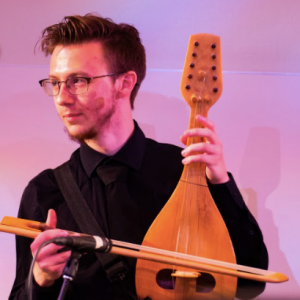 I am interested in meter and groove in the Balkan Peninsula, with an emphasis on the Pirin-Macedonia region of Bulgaria. My current research analyzes how Bulgarian folk musicians themselves conceive of meter and engages critically with ethnomusicological representations of non-isochronous meters in the Balkans. Other interests include the metric phenomena of Romani zurla/tapan traditions in Bulgaria, as well as choreographical aspects of metric perception in the Balkans.
I am interested in meter and groove in the Balkan Peninsula, with an emphasis on the Pirin-Macedonia region of Bulgaria. My current research analyzes how Bulgarian folk musicians themselves conceive of meter and engages critically with ethnomusicological representations of non-isochronous meters in the Balkans. Other interests include the metric phenomena of Romani zurla/tapan traditions in Bulgaria, as well as choreographical aspects of metric perception in the Balkans.
See Nathan’s contributions to this site.
